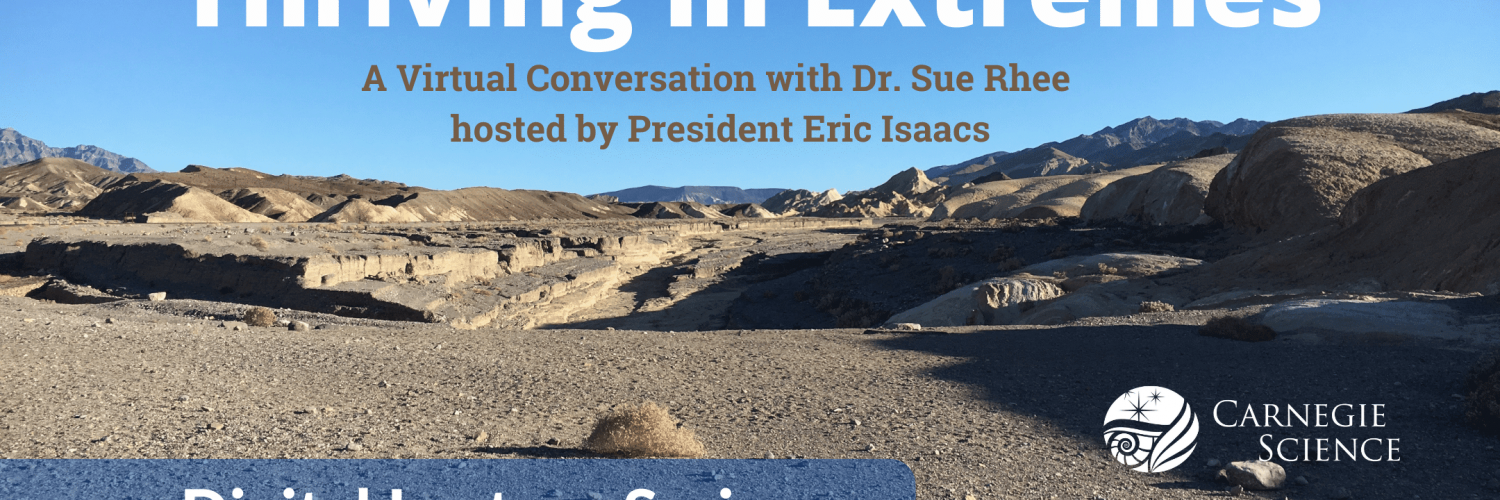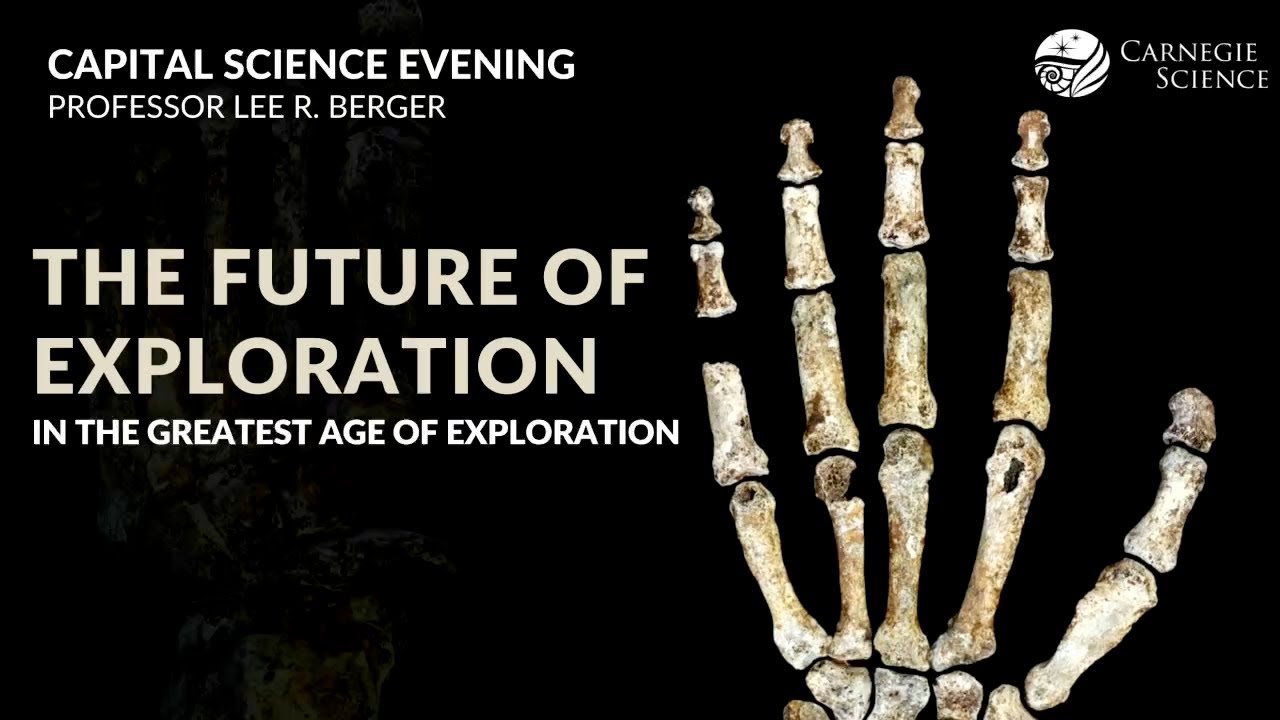Join us to learn from Dr. Sue Rhee about a hardy plant that thrives in the extreme conditions of California’s Death Valley National Park.
Plants are essential to life on Earth and provide us with food, fuel, clothing, and shelter—in addition to their crucial role in making our atmosphere oxygen rich, enabling life as we know it on Earth. Despite all this, we understand very little about how even the most-studied plants do what they do. At Carnegie’s Department of Plant Biology, Rhee works to uncover the genetic and physiological mechanisms that allow plants to adapt to heat, drought, limited nutrients, and pests—information that can help society prepare for how climate change will affect important agricultural, biofuel, and medicinal crops.
Rhee will talk about one particular rare plant her group is studying, which thrives in the heat of Death Valley summers. Called Tidestromia oblongifolia, or Arizona Honeysweet, this desert shrub can be found in mesquite dunes, the crevices of lava rocks, along roadsides, and other desert environments. Rhee’s group is working to reveal how the plant’s cellular and molecular machinery is able to adapt to such harsh conditions. By revealing the genes, proteins, and physiological mechanisms that enable this specialized adaptation, Rhee’s group could then apply this information to engineering crops that will be more resilient to climate change.
Rhee received her bachelor’s degree in biology from Swarthmore College and her Ph.D. in biological sciences from Stanford University, where she later worked as the database curator of the gene sequence database for the experimental mustard plant Arabidopsis thaliana, which is frequently used in plant science experiments. She joined Carnegie as a Staff Associate in 1999 while also working as the Director of the Arabidopsis Information Resource (TAIR), one of the most widely used biological databases in the world, and became a Staff Scientist in 2005. She served as Director of Carnegie’s Department of Plant Biology between 2016 and 2018
Carnegie Science Digital Programs, Events





